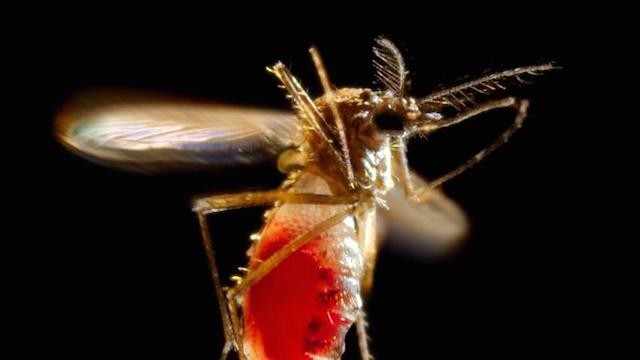An embattled plan to slow the spread of the Zika virus by releasing genetically modified (GM) mosquitoes passed a popular vote in one Florida county on Tuesday (November 8). A trial implementation of the strategy, which effectively cut down mosquito populations in early tests outside the state, was approved by the US Food and Drug Administration in August but faced vocal opposition by some Florida residents.
In nonbinding “straw polls,” 58 percent of residents of Monroe County approved the strategy. In a separate poll, however, residents of Key Haven, a town within Monroe County where the mosquitoes would be deployed, soundly rejected the proposal, with 65 percent voting against it.
The final decision will be left up to the Florida Keys Mosquito Control District Board, ...























